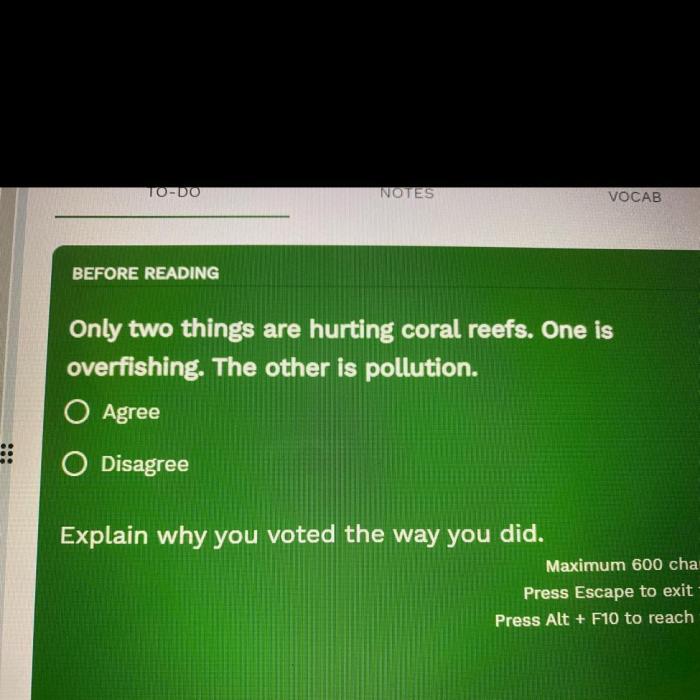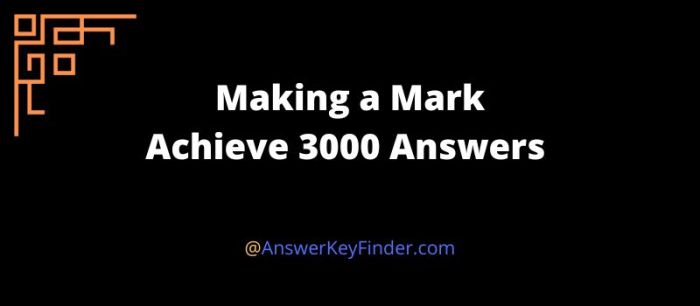Media literacy for the 21st century achieve 3000 answers – Media literacy for the 21st century has emerged as a crucial skill for navigating the complexities of the digital age, empowering individuals to make informed decisions, critically evaluate media messages, and engage as responsible digital citizens. This comprehensive guide delves into the significance of media literacy in the 21st century, exploring its multifaceted dimensions and providing practical strategies for its implementation.
The proliferation of media platforms has brought both opportunities and challenges, necessitating the development of critical thinking skills to discern biases, distortions, and propaganda. Media literacy fosters the ability to analyze media messages, assess their credibility, and verify information, promoting informed decision-making and responsible media consumption.
Media Literacy in the 21st Century
In the digital age, where information is readily accessible and widely disseminated through various media platforms, media literacy has become increasingly essential. It empowers individuals to critically evaluate and comprehend the vast array of media messages they encounter daily, enabling them to make informed decisions and navigate the media landscape effectively.
The proliferation of media platforms presents both challenges and opportunities. While it has broadened access to information and facilitated global communication, it has also made it more challenging to discern the credibility and accuracy of information. Media literacy provides the tools to navigate this complex media environment, allowing individuals to distinguish between reliable and unreliable sources and to identify biases and distortions.
Empowered with media literacy, individuals can become active and discerning consumers of media. They can critically analyze media messages, evaluate their validity, and make informed choices about the information they consume. This empowers them to resist manipulation and to participate meaningfully in public discourse.
Critical Thinking and Media Consumption
Critical thinking is the cornerstone of media literacy. It involves the ability to analyze information objectively, identify biases, and evaluate the credibility of sources. By applying critical thinking skills to media consumption, individuals can make informed judgments about the validity and reliability of media messages.
Identifying biases in media content is crucial. Biases can be intentional or unintentional and can stem from a variety of factors, such as political affiliations, cultural backgrounds, or personal beliefs. By recognizing biases, individuals can avoid being swayed by distorted or misleading information.
Techniques for analyzing media messages include examining the source, considering the purpose and intended audience, and evaluating the evidence presented. Assessing the credibility of sources involves considering their expertise, reputation, and potential conflicts of interest.
Media Literacy and Information Literacy
Media literacy and information literacy are closely intertwined. Information literacy involves the ability to find, evaluate, and use information effectively. Media literacy extends this concept by focusing on the critical evaluation of media messages and the ability to identify the underlying intentions and biases that may shape the information presented.
Information verification is essential in the digital age, where misinformation and disinformation can spread rapidly. By verifying information through multiple credible sources, individuals can increase their confidence in the accuracy and reliability of the information they consume.
Strategies for finding reliable and accurate information online include using reputable search engines, consulting academic databases, and seeking information from established and trustworthy organizations.
Media Literacy and Digital Citizenship

Media literacy plays a vital role in promoting responsible digital citizenship. It empowers individuals to navigate online spaces safely and ethically, respecting the privacy and rights of others.
Media literacy can help individuals identify and avoid online scams, protect their personal information, and engage in respectful online communication. It also promotes an understanding of the potential impact of their own online actions and the importance of responsible content creation.
Guidelines for ethical media consumption and content creation include respecting copyright laws, avoiding plagiarism, and being mindful of the potential impact of their words and actions on others.
Media Literacy Education

Media literacy education is essential to equip individuals with the skills and knowledge they need to navigate the media landscape effectively. It should be integrated into school curricula at all levels, from elementary school through higher education.
Different approaches to teaching media literacy include critical media analysis, media production, and media studies. Critical media analysis focuses on developing students’ ability to analyze and evaluate media messages. Media production provides students with hands-on experience in creating media content, while media studies examines the broader social and cultural context of media.
Effective media literacy programs and initiatives include those that provide students with opportunities to practice critical thinking skills, analyze media messages, and create their own media content. These programs can help students develop a deeper understanding of the media landscape and become more informed and responsible media consumers.
Media Literacy and Social Justice
Media literacy is a powerful tool for promoting social justice and equity. It empowers individuals to challenge stereotypes, recognize biases, and amplify marginalized voices.
By critically analyzing media messages, individuals can identify and challenge harmful stereotypes that perpetuate discrimination and inequality. Media literacy also provides the tools to recognize and resist propaganda that seeks to divide and manipulate audiences.
Media literacy initiatives that have addressed social justice issues include those that focus on media representation, media activism, and media education for marginalized communities. These initiatives have played a vital role in raising awareness, promoting understanding, and empowering individuals to advocate for social change.
Media Literacy and Future Trends

Media literacy will continue to evolve as new technologies and platforms emerge. The rise of artificial intelligence, virtual reality, and social media algorithms will present new challenges and opportunities for media literacy education.
To meet future needs, media literacy education must adapt to incorporate these emerging trends. It must also continue to emphasize the importance of critical thinking, information verification, and ethical media consumption.
Recommendations for adapting media literacy education to meet future needs include integrating emerging technologies into the curriculum, developing new teaching strategies that address the challenges of new media platforms, and promoting collaboration between educators, media professionals, and policymakers.
General Inquiries: Media Literacy For The 21st Century Achieve 3000 Answers
What is the significance of media literacy in the 21st century?
Media literacy empowers individuals to navigate the complexities of the digital age, critically evaluate media messages, and make informed decisions in a rapidly changing media landscape.
How can media literacy foster critical thinking?
Media literacy provides frameworks and techniques for analyzing media messages, identifying biases, distortions, and propaganda, thus promoting critical thinking and informed decision-making.
What is the relationship between media literacy and information literacy?
Media literacy complements information literacy by emphasizing the critical evaluation of media messages and the verification of information sources, ensuring the consumption of accurate and reliable information.
How can media literacy promote responsible digital citizenship?
Media literacy equips individuals with the knowledge and skills to navigate online spaces safely and ethically, fostering responsible content creation and consumption, and promoting digital well-being.
What are some effective approaches to teaching media literacy?
Effective approaches to teaching media literacy include hands-on activities, critical discussions, and the integration of media analysis into various subject areas, empowering students to become discerning media consumers and creators.